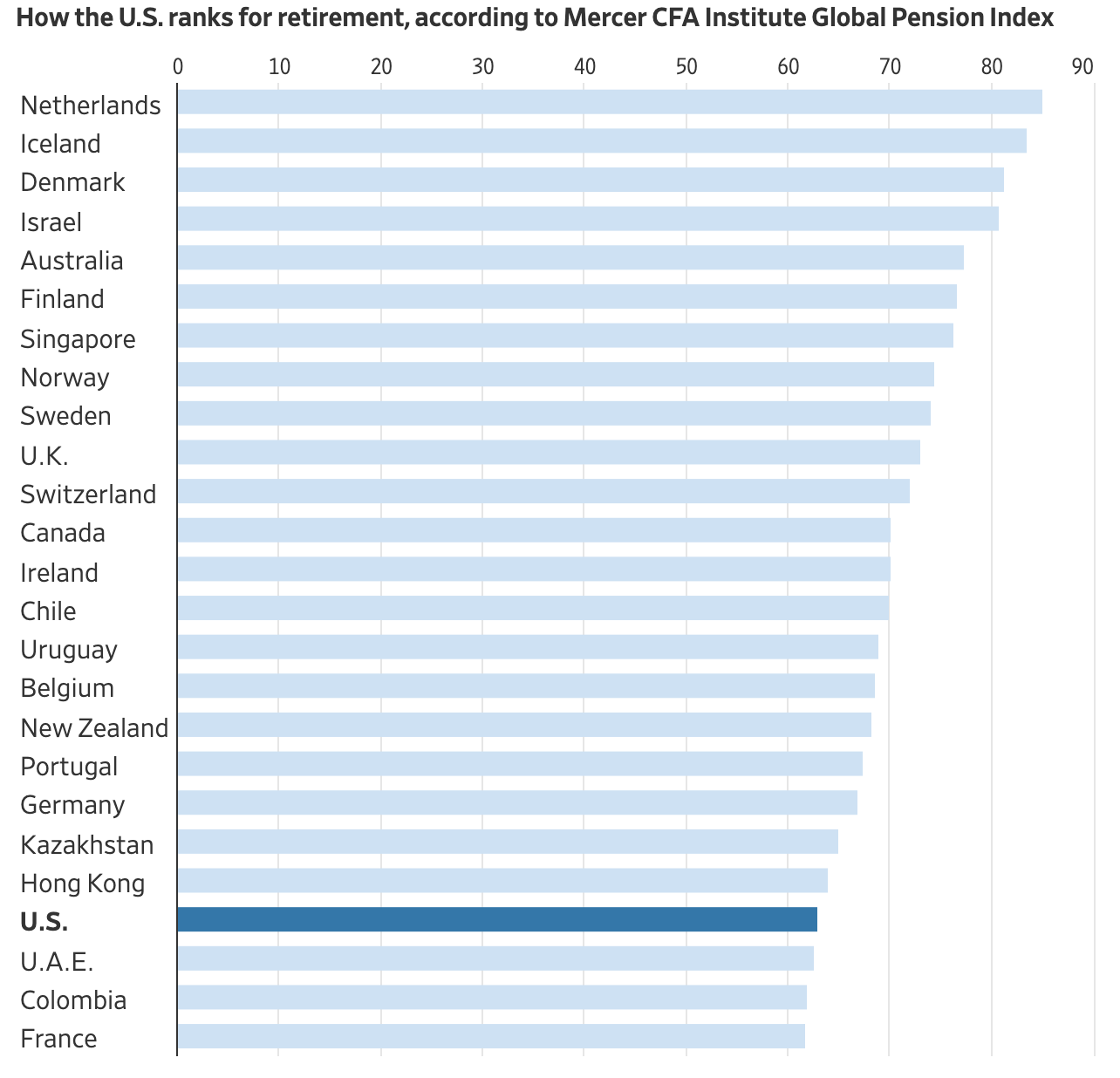Issue 154: How to Design Cities Better
Welcome to Backstory, a weekly newsletter turning global technology shifts into a three-minute read. This week, we’re thinking about urbanism and artificial intelligence. – Mary Ames, Director of Strategy
THE BIG TAKE
How to Design Cities Better
Climate change has a disproportionate impact on cities. This is a big deal for emerging markets that continue to experience growth in GDP and rapid urbanization. By 2030, emerging market economies will account for 70% of global GDP. There will be another billion urban dwellers globally in just over a decade. By the year 2050, two out of three people in the world will live in cities. Most of this growth will happen in emerging economies. We need climate solutions for these booming cities, but where can we find them?
Outside of the box. It’s time for unusual solutions that seem to come from science fiction books. Recently, the New Yorker profiled a young Danish architect’s unorthodox ideas to change how cities operate. Pavels Hedström, the magazine writes, believes that most architecture separates us from nature. He wants to make nonhuman life inescapable. One of Hedström’s most unusual ideas is the Inxect Suit, which looks like a space suit. The suit nurtures a colony of mealworms in a plastic shell, which then consumes plastic and can be eaten in turn. Yum?
Use AI for good. While these novel ideas are vital for thinking about deeper solutions to climate change, the pressing challenge is city resource management. As cities experience adverse realities spurred by climate changes like drought, extreme weather, and energy crises, authorities need new paradigms to crunch data and ensure that resources are diverted where they need to be in the most effective ways possible. Artificial intelligence is tailor-made for such tasks, and as such, we would like to see the large-scale deployment of AI programs designed to mitigate the effects of climate change. We can start this shift right now.
QUOTE OF THE WEEK
“It’s impossible to please everyone. The question is whether you’re disappointing the right people.”
– Adam Grant, writer
CHART OF THE WEEK
This week, we are thinking about retirement. It should be no surprise that some European countries have great retirement benefits for their citizens.
OUR VIEWS THIS WEEK
AI is a public good: Given the power and potential of artificial intelligence (AI) to change the planet for the better, shouldn’t governments have a more significant role in safeguarding the technology? That’s the simple but complex question we investigated in this archived piece in Xische Reports. The development and use of AI technology are crucial for society, and it can’t be left to big tech giants alone. Moreover, the US government (and others like it) are missing an excellent opportunity to use AI for good across the public sector.
Local fintech: Have you heard about BNPL? If not, we have you covered as it is one of the fastest-growing sectors in global fintech. BNPL stands for “Buy Now Pay Later”, and it is driving growth in the untapped market of people who can’t or won’t use credit cards — and the UAE is an emerging hub. If you want to peer into the future of the local technology sector, start with fintech.
SPOTTED ELSEWHERE
How the mind impacts your health. The mind-body connection is vital for long-term health. A new book by Harvard researcher Ellen Langer offers some fresh ideas about creating a deeper connection with our bodies through our minds. Langer doesn’t suggest we abandon all medical research and start healing ourselves with our minds alone. Nor does she suggest that we put everyone in an artificial living environment to pretend that we are young again or that we are in total control of our health. She argues that we can use the power of our minds to change our health and well-being in ways that are mostly untapped.
Can happiness be taught? Deeply connected to the mind-body axis is the issue of happiness. In the New Yorker this week, Anthony Lane reviews a new book by the writer Arthur C Brooks that is extremely popular in the happiness genre. The book has been bolstered by the likes of Oprah Winfrey, but Lane finds that happiness is much more elusive than a simple self-help book might lead you to believe. We need to look deeper to find true happiness.
QUICK HITS
AI Bots Are Joining Your Work Meetings. They Think You Talk Too Much.
21 species were removed from the endangered list due to extinction.
Scientists Offer a New Explanation for Long Covid.













